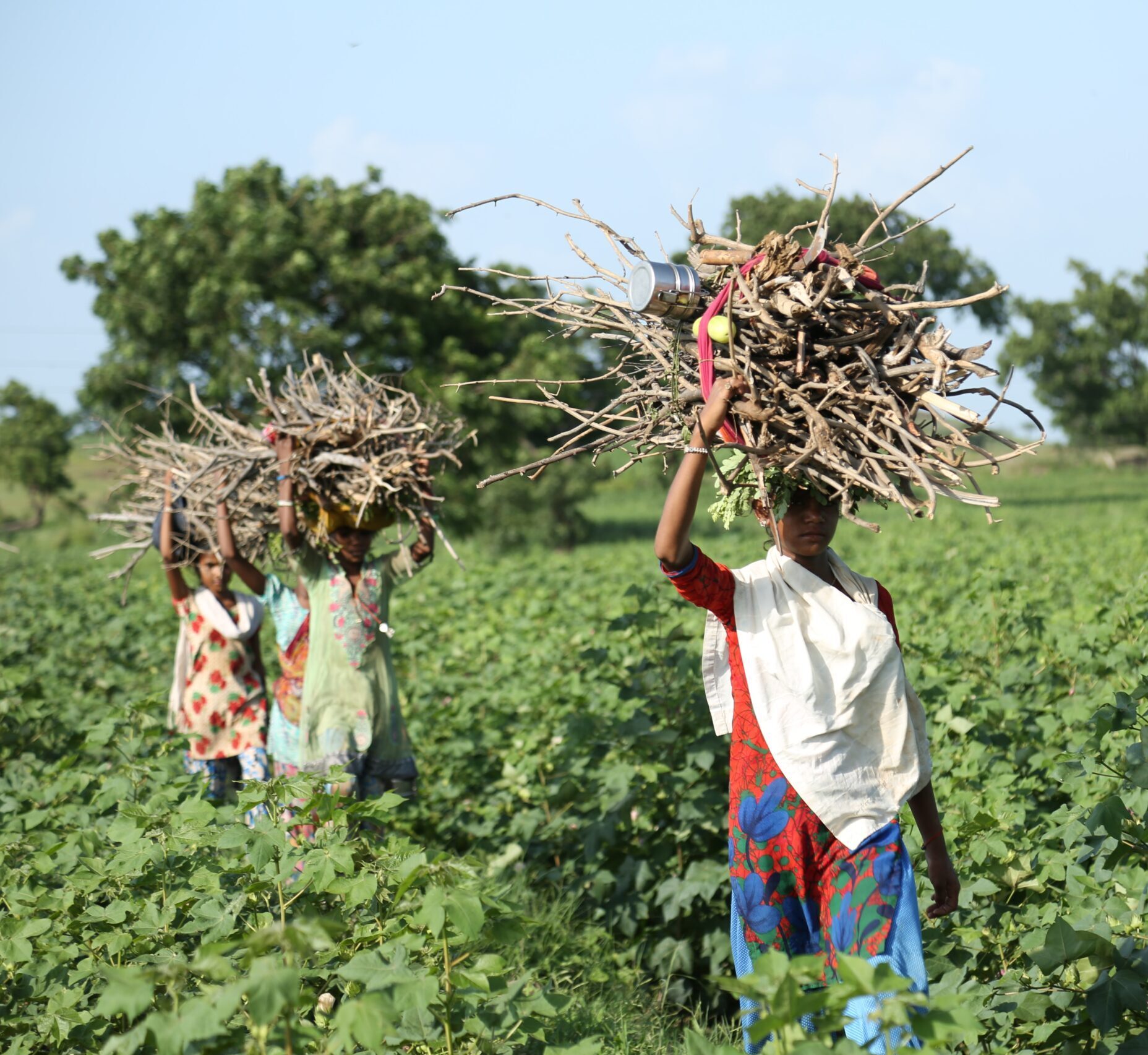The gendered nature of climate change
2 p.m. ET / 1 p.m. CT

Climate change is gendered. It affects women, girls and transgender individuals in ways that men, boys or cisgender people don’t experience. For example:
- Women make up the majority of the world’s poor, and members of the trans community also have meager incomes.
- Across the globe, women and girls eat the least and last, making up at least 60% of those experiencing hunger. Collectively, they spend 200 million hours daily collecting water, and those living without a toilet spend more than
260 million hours finding places to go.
- Food and water scarcity cause girls to miss educational opportunities and face higher health and safety risks, often leading to gender-based violence, including forced child marriage.
- Members of the trans community are affected by air and water pollution while also experiencing disproportionate amounts of violence and discrimination after a disaster.
As we continue to witness the increasing impacts of wildfires, flooding, storms and other climate-related natural hazards on communities worldwide, CDP believes that we cannot discuss disasters without looking at climate change. And that conversation cannot happen without an honest and open look at the role of climate change on gender equity.
During this webinar, panelists discussed how climate change inequitably affects women, girls and trans people. Panelists shared clear examples and promising inclusive practices that lead to positive outcomes for these underserved populations.
- Supriya Akerkar, Director, Centre for Development and Emergency Practice (CENDEP), Oxford Brookes University
- Jenna Wallace, Director of Global Movement Partnerships and Climate Justice, Global Fund for Women
- Ellen Chigwanda, Adolescent-Led Advocacy Advisor, CARE
This webinar was co-sponsored by Giving Compass, United Philanthropy Forum, Alliance Magazine, Council on Foundations, Women’s Funding Network and Philanthropy New York.
Please see the slide deck, read the recap on Giving Compass and watch the webinar recording to learn more:
To learn more about the gendered impacts of food insecurity and how funders can help, check out this guest blog post from Lisa Doughten, Director of Humanitarian Financing and Resource Mobilization at the United Nations Office for the Coordination of Humanitarian Affairs.